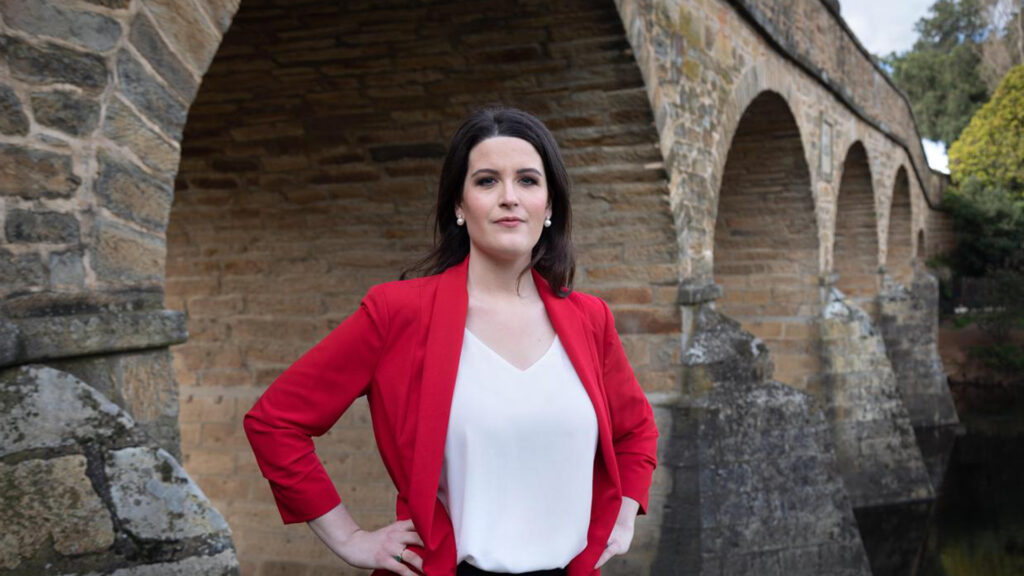This is an op-ed by Australian Senator Claire Chandler, published in Daily Telegraph on 27 July 2022.
IFN editorial
In recent years, Australians have watched with incredulity as corporations, universities and bureaucrats have adopted dehumanising terms like “menstruators”, “chest-feeders” and “gestational carriers” from woke activists and Twitter social justice warriors.
Last week, the Daily Telegraph reported on the latest example: Services Australia deleting the word ‘mother’ from a Medicare form and replacing it with the de-sexed term “birthing parent”.
Thanks to the advocacy of Sall Grover, the form has now been axed and the word “mother” restored. This was a good, common-sense decision by Bill Shorten; but it’s just the tip of a very large iceberg of ideological capture in the public service. Scrapping one form won’t get to the heart of the problem.
In August last year, the federal Department of Health decided to dedicate resources to deleting more than fifty references to ‘women’ from a pregnancy COVID19 vaccination guide, replacing them with ‘pregnant person’. Not only was this a mind-boggling waste of resources during a pandemic, but the removal of specific sex-based language undermines the accuracy of health advice for pregnant women. So why did they do it?
This month, the Department of Health finally answered my questions, submitted seven months ago, about who asked them to delete the word “woman” and why they went along with it. The Department’s answer was that it receives “a benchmark and suggestions” on “the use of inclusive language” from the lobby group Pride in Diversity. Services Australia was presented with a ‘Gold Employer’ award by the same lobby group this year, apparently around the same time it was starting to re-label mothers as “birthing parents”. All up, more than thirty federal Departments and Agencies have been paying this lobby group for advice and staff training on so-called ‘inclusive’ language.
The overwhelming majority of Australians don’t find the re-labelling of mothers as “birthing parents” or “pregnant people” inclusive. They consider it unnecessary, sexist virtue-signalling. It’s unclear why taxpayers are paying for lobby groups to push the bureaucracy to use such language and adopt other policies which are not supported by the public, particularly with the budget in a parlous state.
The influence of lobby groups over the public service helps to explain not only the actions of Services Australia and the Department of Health, but also why the Office for Women declares that anyone who identifies as a woman is a woman, why Sport Australia encourages males who identify as women to play women’s sport, and why the Australian Bureau of Statistics claimed that humans can change sex over the course of their lifetime (a claim it was forced to amend after I asked them at Senate Estimates if they’d checked it with biologists).
These activist positions taken by bureaucrats not only fly in the face of the evidence and public opinion, but they have real-world detrimental consequences for women. Governments around Australia and internationally are increasingly allowing males to self-identify into women’s spaces and facilities, even housing male rapists in women’s prisons, with predictably devastating results.
Over the last three years, I have not been able to find a single government Agency or Department prepared to agree that a woman is a member of the female sex, let alone agree that single-sex services are an important tool for the participation and safety of women and girls. Public servants who have contacted me privately say that expressing such a normal, mainstream view in their workplace would be career-limiting and contradict the ‘inclusivity’ staff training that many Departments engage lobby groups to conduct. Yet it is abundantly clear to the vast majority of Australians that this ideology, which drives such appalling disregard for women, should have no place in the public service we pay for.
